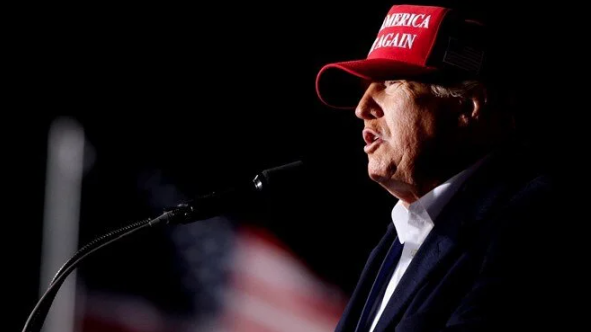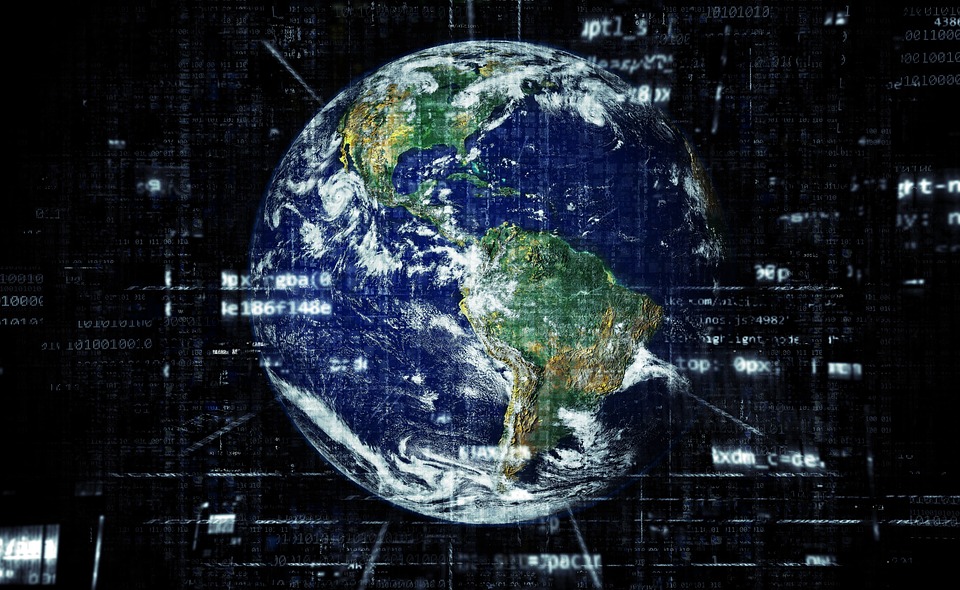Existence has always existed as a concept on which human beings have debated. It will continue to do so from now on. When the state of existence of human beings -what we call the nature of human beings- is considered psychologically and sociologically, it creates society to meet its existential needs. The existence of the individual needs society as a concept defined through the other. It is the institution of politics that regulates this line of tension between the individual and society. As a result, the governance of societies emerges as the subject of politics. Politics deals with fundamental issues such as the welfare, security, justice and freedom of society. The creation of a political system that can respond to the existential needs of human beings is extremely important in terms of ensuring social order.
The existence and self-realization of the individual is only possible in a healthy way when political systems are shaped in line with certain ideologies, beliefs or interests, and when the welfare and freedom of society are ensured. Therefore, it is important that political systems are established and managed in a way that responds to the needs of society. As needs are met, existence is realized. Following these sentences, I think the conclusion we should draw is that existence and politics will continue to be two inseparable concepts.
[su_posts posts_per_page=”1″ tax_term=”22757″ offset=”1″ order=”desc” orderby=”id” ignore_sticky_posts=”yes”]
If we start to discuss the existential needs of human beings and what are the basic needs that politics should provide, one of the sentences we should formulate should be; “Modern political systems are based on the promise of meeting the various needs of the individual”. They have produced political concepts to regulate the relationship between the individual and society and to meet the existential needs of the individual. These concepts include security, justice, welfare, freedom, participation, environment and culture. These needs may differ according to the characteristics and needs of society. But the following point should not be overlooked: political systems need to be flexible in order to respond to the needs of society. If a political system is not flexible in meeting the needs of society, it is natural for it to turn into an imposing system. Imposing systems also appear as semi-democratic systems or totalitarian states. Although there are some concepts and institutions of modern politics, such as political parties and free elections, there are rigid ideological and bureaucratic institutions that the state cannot overcome. Capital and class change become almost impossible. For this reason, semi-democratic systems exhibit some features of totalitarian systems.
Impositional systems (According to Immanuel Wallerstein, the rules of the inter-state system are undoubtedly implemented not by consent or consensus, but by the will and authority of strong states to impose rules on weaker states, or in other words, on each other. From this point of view, states have always had such an attitude towards individuals. But we do not call this attitude a totalitarian state. Because the constitution and law define and recognize the individual. Imposing systems do not exactly deny the individual, but there are a number of laws and rules.) can also be defined as totalitarian states with some period practices. The main characteristics of totalitarian states can be listed as follows: One-party rule, centralization, leader cult, propaganda, intelligence network, restriction of freedom of expression, centralized economic planning, violation of individual rights.
These are typical features of totalitarian systems. And in totalitarian systems the individual’s sphere of existence shrinks. A political atmosphere emerges in which society turns into a crowd. There is no individual or society, but crowds or masses.
If the relationship between existence and politics needs to be discussed philosophically, politics itself is a part of the philosophy of existence as a tool that centers on the effort to make sense of human existence and life. Therefore, if we talk about the ontology of the state, that ontology gains meaning and value when it is a reflection of the individual’s existential pain.
Existence is an individual experience and its meaning in one’s own life is determined by oneself. And politics is a strong and free state when it has an understanding of governance that supports the nature of the quest, not an ideological imposition. For this reason, politics and the state as an institution of politics play an important role in the individual’s existential search for meaning and assume a critical role in determining the meaning of human life.
the main source of the article: TURKIYEPOLITIC





